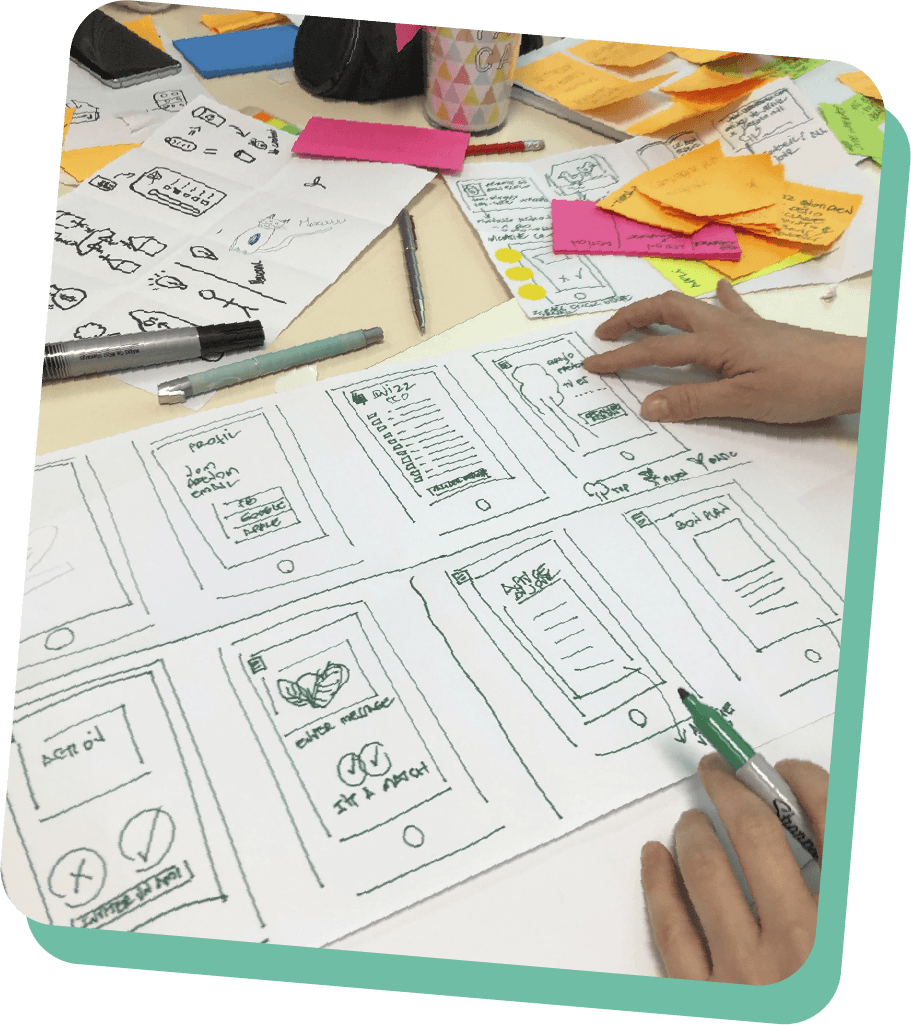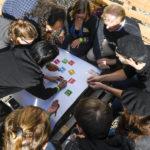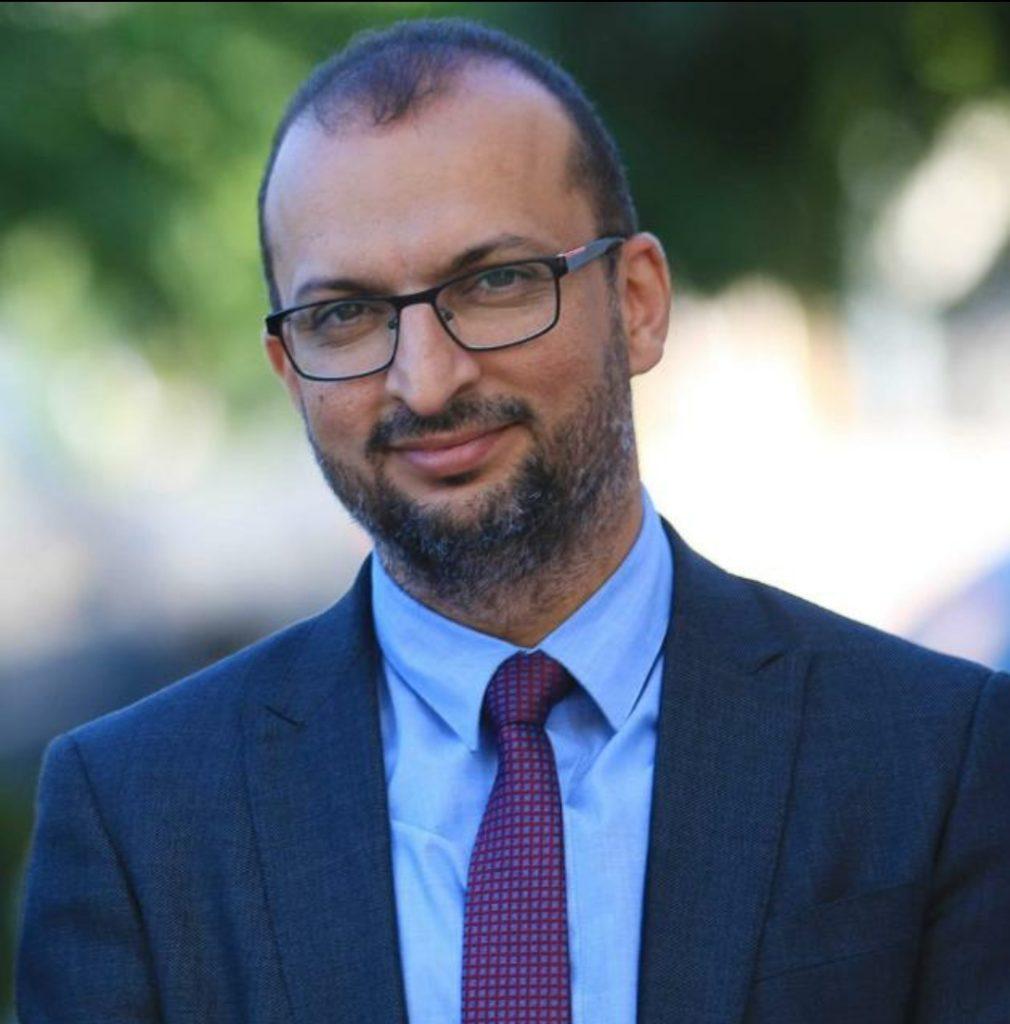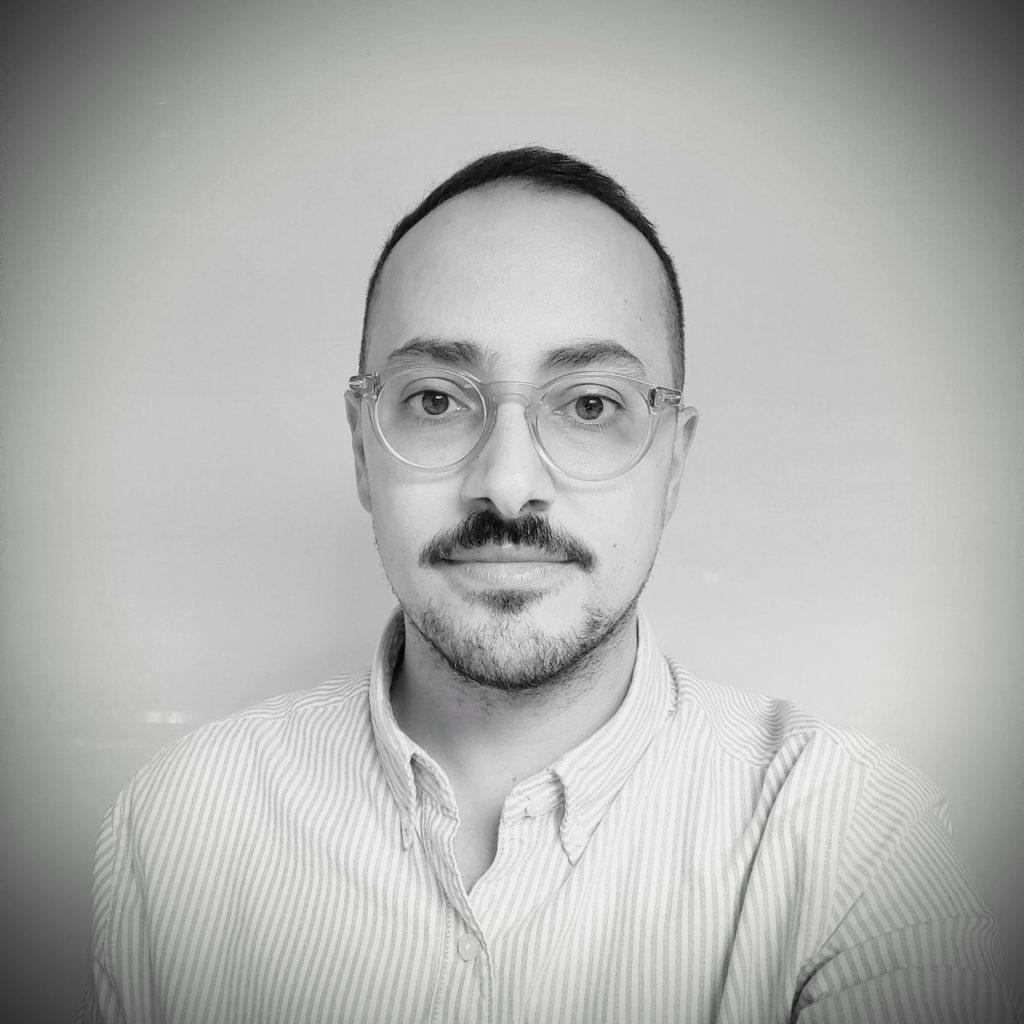How can Civil Society Organizations and Social Entrepreneurs build more sustainable solutions together?
The Asfari Foundation and makesense are running the Tabadol program for Civil Society Organizations to develop creative solutions to sustain the transformational change they are leading in their communities (Lebanon, Jordan, Palestine and Syria).


Why Tabadol?
In 2022, the Asfari Foundation launched the Tabadol program in partnership with makesense. Over the years, the program has evolved, shaped by ongoing learnings and surrounding context but always keeping in mind the same objective: strenghtening Civil Society Organizations through innovation and collaboration.
Tabadol aims to:
- Encourage the use of innovative frameworks and tools within Civil Society Organisations by promoting collaboration with social entrepreneurs
- Support social entrepreneurs in their quest for knowledge, know-how and clients by learning from established CSOs
- Develop innovative solutions that will improve Civil Society Organizations’ sustainability in terms of operations, programme, and impact while being environmentally friendly
The Tabadol Call for Applications is Now Closed for this batch!
What is Tabadol?

The “Multaqa” is an online series of events gathering CSOs, social entrepreneurs and experts around the “Sustainability” thematic.

After CSOs and social entrepreneurs (“fellows”) have found their match, they enter a 8-month collaboration phase, in order to develop a project improving the CSOs sustainability.

Each CSO representative and each fellow benefit from individual and customized coaching sessions all along the fellowship.
Participating CSOs will also be given the opportunity to pitch for a grant and participating fellows will receive a monthly stipend.
For who is Tabadol?
Tabadol supports CSO and social entrepreneurs working on the following thematics in Jordan, Lebanon, Palestine and Syria.

Active citizenship & civic engagement

Education & life-long learning

Entrepreneurship

Feminism & gender

Good governance

Independent media

Tech & innovation
Check all eligibility criteria in our Apply page
This program is a
collaboration between

The Asfari Foundation is a grant-making charity focusing its efforts on the Levant and UK. Through its grant-making programmes, the Asfari Foundation invests in, and supports the sustainability of, a resilient and empowered civil society infrastructure and innovative youth, who can collectively lead a transformational positive change in their communities and countries.

makesense designs impact programs and spark collaborations between engaged citizens, social entrepreneurs and forward-thinking organizations to collectively tackle the social and environmental issues of today.
Some definitions
How does the Asfari Foundation define CSOs, Sustainability, Innovation?
Check below our understanding of those terms, which should help you contextualize the Tabadol program.
CSOs are non-State, not-for-profit, voluntary entities formed by people in the social sphere that are separate from the government and businesses. CSOs represent a wide range of interests and ties. They are task-oriented and driven by people with a common interest. They perform a variety of services and humanitarian and developmental functions, bring citizens’ concerns to Governments, monitor policies, encourage political participation, deliver education activities, and run employability programmes. They can include community-based organizations (CBOs), non-governmental organizations (NGOs), and social enterprises (SEs).
Derives from the Latin word innovatus, past participle of innovare, “to make changes; do
something in a new way”. Our perception of innovations involve end users directly in the solution finding and value creation through co-design, co-create, co-market, co-produce, co-fund and co-distribute. While technology is at the core of modern day innovations, it is not a must for an innovation to be created.
Sustainability has many definitions, and it is about both financial resources and impact. We like the definition of Nell Edington: “non-profit sustainability occurs when the organization attracts and effectively uses enough and the right kinds of money necessary to achieve their long-term outcome goals.” A sustainable organization can be defined by two main criteria:
The sustainability of its offering:
– The delivery of transformative outcomes and creating change in the target communities by an organization.
– The involvement of local communities or end users and the process of designing, developing, and delivering solutions also forms part of a sustainable offering.
– The carbon footprint of the operations and any environmental impacts account towards a sustainable offering.
The organizational and financial sustainability of the organization:
– The ability of the organization to maintain its funding sources and revenue streams.
– The ability to continuously attract and retain talent.
– The capacity to develop its processes, channels, and offering.
Within the scope of the Tabadol program, it encompasses sustainable operations, sustainable programmes, sustainable impact, and environmental sustainability.
To list a few examples:
Operations sustainability: through resource sharing, long-term funding, or outsourcing the expertise of your team to generate income.
Programmes sustainability: through collaboration with partners, income-generating activities, sponsorship from the private sector, pro bono services.
Impact sustainability: through the utilization of giving forward schemes or utilization of technology (i.e. platforms, apps) to continuously support people with limited costs.
Environmental sustainability: through eco friendly principles utilizing efficient lighting in the office reducing the use of cars, papers, plastic waste, or using recycled materials.
For some interesting thoughts about sustainability, check the Charity Awards definition.
What they say about Tabadol
Stay connected with the Tabadol team
Contact us: lebanon@makesense.org
Follow us: Linkedin and Instagram
Learn more about us: Our website
Receive our latest news: subscribe to our newsletter


